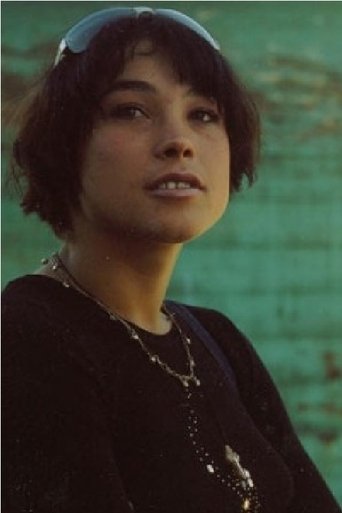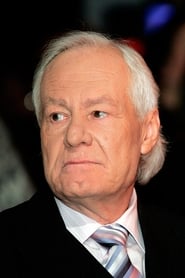
Vulkanovka. After the Great Cinema
Vulkanovka is a poor village in Crimean steppe, as local people say, forgotten by God and by people. Nonetheless that place came very much alive when famous Lithuanian film director Sharunas Bartas crew stayed here for almost two years filming Seven Invisible Men. Most of local people helped filmmakers a good deal. But the Grand Cinema left and probably won’t come back. So the life of Vulkanovka returned to its usual routine. But it’s not for everyone. Film director Giedre Beinoriute with her crew came to Vulkanovka nine months later. In her documentary people speak about their “cinematographic” experience with great enthusiasm. They tell about how it was and how it was different from their earlier understanding about filmmaking. Different moods and people’s openness in the film are interwoven into daily life of Vulkanovka with its rituals of caws’ feeding, shopping in the only shop “Produkty”, collecting metal and other.
- Overview
- Crew
Vulkanovka. After the Great Cinema
- Overview
- Crew
Status
Released
Release Date
Jan 1, 2005
Runtime
0h 45m
Genres
Documentary
Original Title
Vulkanovka. Po Didžiojo kino
Production Companies
VG studio
Director
Giedrė Beinoriūtė
Description
Vulkanovka is a poor village in Crimean steppe, as local people say, forgotten by God and by people. Nonetheless that place came very much alive when famous Lithuanian film director Sharunas Bartas crew stayed here for almost two years filming Seven Invisible Men. Most of local people helped filmmakers a good deal. But the Grand Cinema left and probably won’t come back. So the life of Vulkanovka returned to its usual routine. But it’s not for everyone. Film director Giedre Beinoriute with her crew came to Vulkanovka nine months later. In her documentary people speak about their “cinematographic” experience with great enthusiasm. They tell about how it was and how it was different from their earlier understanding about filmmaking. Different moods and people’s openness in the film are interwoven into daily life of Vulkanovka with its rituals of caws’ feeding, shopping in the only shop “Produkty”, collecting metal and other.

